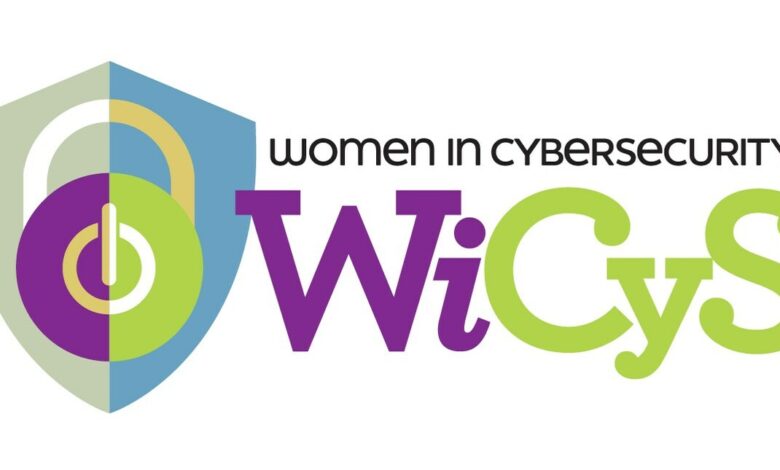The 2023 State of Inclusion Benchmark in Cybersecurity Report Reveals Women Face 2X More Exclusion than Men in the Workplace

The report uncovers widespread gender disparities in the cybersecurity workplace. Women encounter exclusion at twice the rate of men, signaling a pressing need for industry-wide cultural and procedural changes to enhance inclusivity. The report also highlights that women are five times more likely to report exclusion from direct managers and peers, pointing to a critical area for organizations to address in creating a more supportive and inclusive work environment.
Additional key findings:
- The top four categories of exclusion faced by women are Respect, Career & Growth, Access & Participation and Recognition, signaling critical intervention points. Women report 350% more exclusion in Recognition and 250% more in Respect than their male counterparts.
- The exclusion index for women is substantially higher across all categories, with distinct disparities, especially in Recognition (450% higher) and Respect (250% higher).
- The data shows a glass ceiling effect, with 48% of women experiencing issues related to Career & Growth, significantly more than the 26% of men who report similar experiences.
- Individuals with (dis)abilities and those with intersectional identities experience levels of workplace exclusion comparable to, or even exceeding, those related to gender, emphasizing the compounded impact of multiple differing identity traits.
- Inclusive practices increase employee satisfaction, productivity, engagement and loyalty by significant margins, concurrently enhancing organizational revenues and retention while reducing costs and risks.
Paolo Gaudiano, Chief Scientist of Aleria, added: “This report underscores the tangible impact of inclusive policies. Organizations have a clear opportunity to significantly boost their financial results and employee satisfaction by addressing these disparities. Our analysis suggests that a company with $1 billion in revenue could be losing approximately $23 million annually due to differential treatment of women and people of color. This highlights the critical financial incentive companies gain from an inclusive workplace.”
The report highlights the crucial significance of WiCyS’s mission and initiatives, which are focused on promoting a more inclusive and equitable cybersecurity environment. It recognizes that diversity goes beyond mere metrics and serves as a major competitive advantage that directly influences economic success. For additional survey details, please download the full summary report.
About WiCyS:
Women in CyberSecurity (WiCyS) is a nonprofit organization with international reach dedicated to the recruitment, retention and advancement of women in cybersecurity. Founded by Dr. Ambareen Siraj through a National Science Foundation grant given to Tennessee Tech University in 2013, WiCyS offers opportunities, trainings, events, and resources for its community and members. Strategic partners include Tier 1: Akamai Technologies, Amazon, AT&T Cybersecurity, Bloomberg, Carnegie Mellon University – Software Engineering Institute, Cisco, Ford Motor Company, Google, Lockheed Martin, Microsoft, Optum, Sandia National Laboratories, SentinelOne. Tier 2: Accenture, Adobe, DeVry University, Intel, JPMorgan Chase & Co., McKesson, MITRE, Motorola Solutions, Navy Federal Credit Union, Workday. To partner, visit http://www.wicys.org/support/strategic-partnerships/
About Aleria:
Aleria is a DEI tech company that measures inclusion in the workplace. Leveraging their patent-pending framework and proprietary technology, Aleria pinpoints exactly where business leaders should focus to drive greater employee satisfaction, diversity, inclusion and ultimately, greater business performance. Learn more about Aleria.
SOURCE Women in CyberSecurity (WiCyS)



